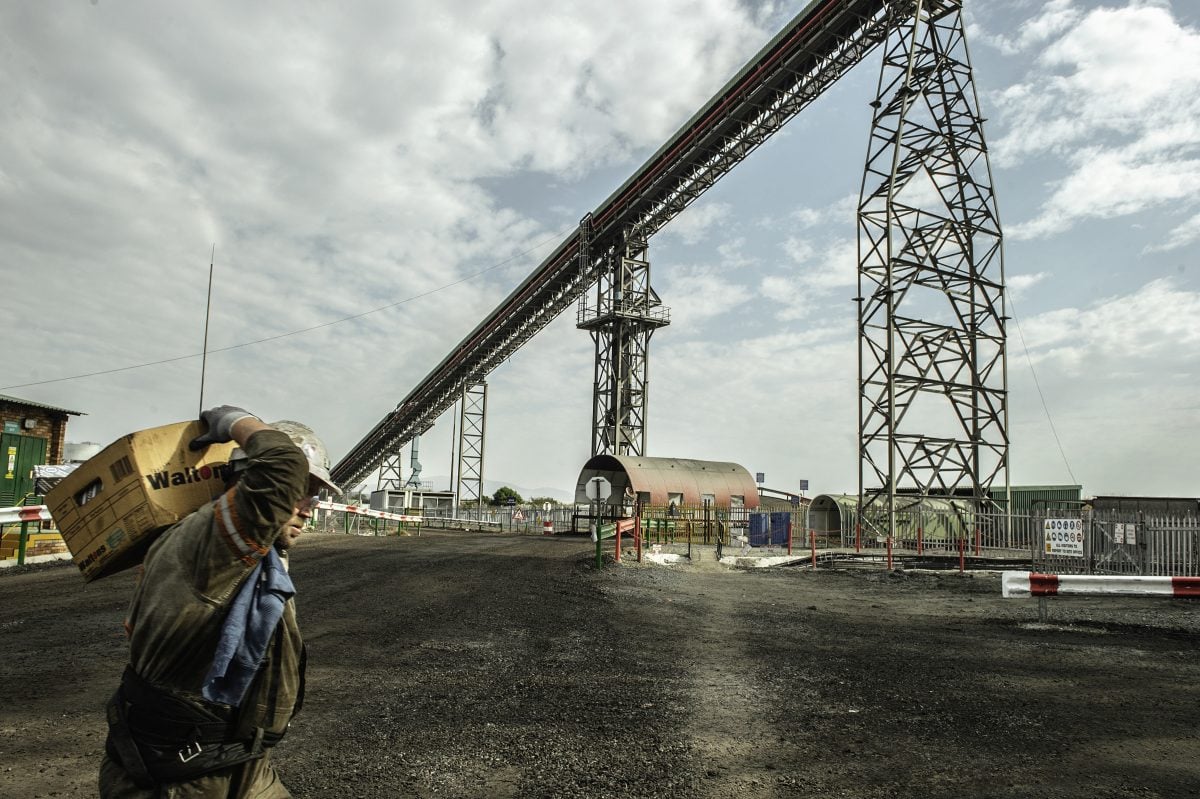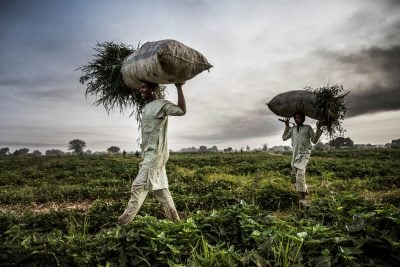African governments are reasserting control over their mineral wealth through a growing wave of policies aimed at increasing local value addition and reducing unprocessed exports, senior officials and industry figures said at a key industry gathering.
The two-day London Indaba, held at the InterContinental Park Lane, gathered policymakers, mining executives, analysts, and development partners to discuss the rising global demand for critical minerals and its implications for Africa.
With the energy transition accelerating, Africa is emerging as a central supplier of key raw materials such as cobalt, lithium, graphite, and rare earth elements. However, an increasing number of African governments assert that the extractive model of the past, defined by raw material exports and limited domestic beneficiation, is no longer viable for Africa’s economic future.
A growing number of governments are implementing or proposing restrictions on the export of unprocessed minerals in an effort to encourage downstream investment.
Zimbabwe’s government claims its restriction on raw lithium exports, introduced in 2013, have attracted significant Chinese-backed investment in local processing facilities. Inspired by Indonesia’s raw nickel ore export ban, Zimbabwean officials hailed the move as a way to strengthen fiscal revenues, generate employment, and build local industries.
Botswana, one of the world’s largest diamond producers, put local processing and beneficiation at the heart of its recent extension deal with long-term diamond mining partner De Beers. South Africa is also mulling draft legislation to boost beneficiation in critical minerals.
Ghana has launched a new body with the sole right to buy, sell, assay and export artisanal gold. Older gold trading licenses have been revoked, and GoldBod said it will give local dealers first priority in the ongoing reissuance exercise.
Quest for industrialisation
The mining community has broadly considered such policies as a form of “resource nationalism”. But at the conference, industry figures acknowledged that many countries are not solely focused on increasing revenue but are also aiming to drive industrialisation to create jobs and capture greater economic value within national borders.
Geopolitical competition is boosting interest in Africa’s minerals. China currently dominates global rare earths processing and has extensive cobalt mining interests in the Democratic Republic of Congo (DRC), which supplies approximately 70% of the world’s mined cobalt. Meanwhile, Western powers are attempting to diversify away from Chinese-controlled supply chains by forging new partnerships with African producers.
Dominic Barton, chairman of British-Australian major Rio Tinto, said that the rise of critical minerals and the importance of China as a market mean that miners must carefully choose how and where they allocate their resources.
“During these early stages of the energy transition, the mining industry is experiencing one of the most significant reallocations of capital in its history. At the same time, globalisation is evolving – becoming more fragmented and regional – while supply chains are increasingly disrupted by geopolitics. Despite these shifts, China remains the largest market for mining companies. To manage the conundrum of balancing short-term market expectations with the long-term nature of mining, companies must simultaneously use both a long lens and a short lens. Yes, look at the long-term – but stay focused. No one likes to give up capital, but leadership must consider where it is best deployed. Agility is key.”
Lauren Johnston of the University of Sydney outlined China’s evolving strategy, highlighting what she termed the “Hunan model”. This approach integrates trade facilitation, infrastructure development, and political alignment under a unified framework for engagement. Hunan Province – home to key green technology firms – is becoming a hub for Chinese efforts to develop mineral supply chains in cooperation with African partners. Johnston cited Zimbabwe and Tanzania as strategic points in China’s broader approach.
Can Africa use bargaining power strategically?
Against the surging demand for African minerals, challenges persist, and several speakers warned that the current legal and institutional environment could complicate Africa’s push for value addition.
At the conference, concerns were raised that governments may be overestimating their leverage in attempting to force beneficiation. It was noted that such methods are likely to succeed only when supported by strong institutions, clear and consistent regulation, and sustained engagement with investors. In the absence of these fundamentals, investment is expected to concentrate in more stable jurisdictions. Mali’s aggressive attempts to toughen its mining code – which have included the arrest of employees of some foreign mining companies – have drawn criticism.
Nonetheless, the prevailing sentiment was that African countries are determined to redefine the terms of engagement with global partners. The growing demand for minerals required for the green energy transition provides significant bargaining power – but it must be used strategically.
Ronak Gopaldas, director of risk management consultancy Signal Risk, said: “We are not here to tell countries what to do. We’re here to listen and support value creation within the continent. It’s in everyone’s long-term interest.”
He stressed that investors are beginning to understand that what matters now are the “three Ps: predictability, pragmatism, and partnerships.”
The conference closed with exhortations on the need to build trust between African governments, global investors, and local communities. The goal, as many speakers put it, is not only to export minerals but also to anchor industrial development within the continent to ensure Africa benefits from the surging demand for its resources.
Want to continue reading? Subscribe today.
You've read all your free articles for this month! Subscribe now to enjoy full access to our content.
Digital Monthly
£8.00 / month
Receive full unlimited access to our articles, opinions, podcasts and more.
Digital Yearly
£70.00 / year
Our best value offer - save £26 and gain access to all of our digital content for an entire year!

 Sign in with Google
Sign in with Google 



